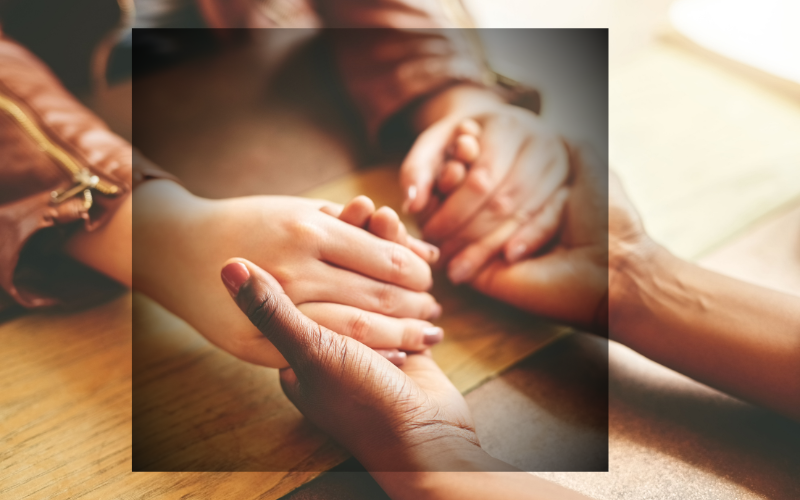
The death of a loved one is a profound and life-altering event. As friends and confidants, witnessing someone we care about navigate the uncertainty of grief can evoke a deep sense of empathy, concern, and, at times, helplessness. Understanding how to support a friend during such a difficult period is essential. Walter Carter Funerals, with decades of experience in providing compassionate care, offers insights into the delicate art of supporting someone in mourning. This guidance is not just about being present; it’s about offering a type of support that respects the unique nature of their grief, promoting healing and offering comfort in their time of need.
Grief is an intensely personal experience, varying dramatically from one person to another. It’s important to recognise that there is no ‘right’ way to grieve. The process can involve a wide range of emotions, from sadness and anger to guilt and relief. Being patient and allowing your friend to experience their grief without judgement or expectation is the first step in providing support.
One of the most powerful tools at your disposal is simply being there to listen. Often, those in grief are not looking for advice or solutions but need a safe space to express their feelings and thoughts. Active listening, which involves giving your undivided attention and acknowledging their feelings without rushing to fill silences, can be incredibly comforting.
In the wake of a loss, daily tasks and responsibilities can become overwhelming for the bereaved. Offering practical help, whether it’s running errands, cooking meals, or helping with funeral arrangements, can relieve some of their burdens. It’s beneficial to suggest specific ways you can help, as someone grieving may not have the capacity to identify what they need.
Respecting that everyone’s mourning process is different and that there is no timeline for grief is crucial. Be prepared for your friend to have good days and bad days, and understand that grief can be a cyclical process. Avoid making comments that suggest they should be ‘moving on’ or that their loved one is ‘in a better place,’ as these can unintentionally minimise their feelings.
Grief doesn’t end after the funeral service; for many, this is when the reality of the loss truly begins to settle in. Continue to check in on your friend in the weeks and months following their loss, offering your presence and support. Remembering important dates, such as the birthday of the deceased or the anniversary of their death, and reaching out to your friend can show that you are there for them over the long haul.
While the support of friends and family is invaluable, professional help may be necessary for some. If you notice signs that your friend is struggling to cope with their grief, gently suggest the possibility of seeking support from a counsellor or therapist. Walter Carter Funerals can provide recommendations for grief counselling services that specialise in helping individuals navigate their loss.
Supporting a friend through the loss of a loved one is a gesture of profound kindness and empathy. It requires patience, understanding, and a willingness to be present for them in whatever capacity they need. Remember, your support can be a crucial part of their healing journey, offering light during one of the darkest times in their life.
At Walter Carter Funerals, we recognise the importance of community and connection in the face of loss. By guiding those in grief with compassion and understanding, we honour the bonds that connect us all, even in the midst of sorrow.
The information on this website is not a substitute for medical advice, nor is it used for diagnosis and treatment. You, or anyone you are concerned about, are encouraged to seek professional advice and treatment from General Practitioners and/or qualified practitioners and providers in specific cases of need.
If you are in crisis or think you may have an emergency, immediately call Emergency 000. If you’re having thoughts of self-harm or harm to others call Lifeline on 13 11 23 to talk to a skilled, trained counsellor. If you are located outside Australia, contact your local emergency line directly.